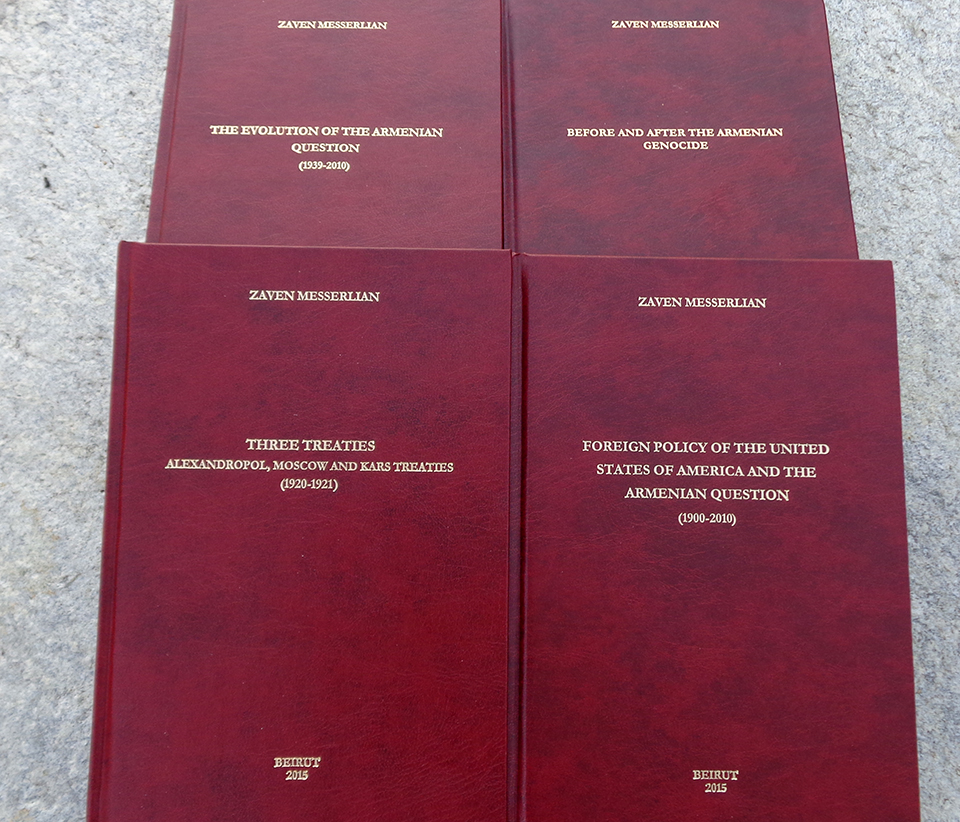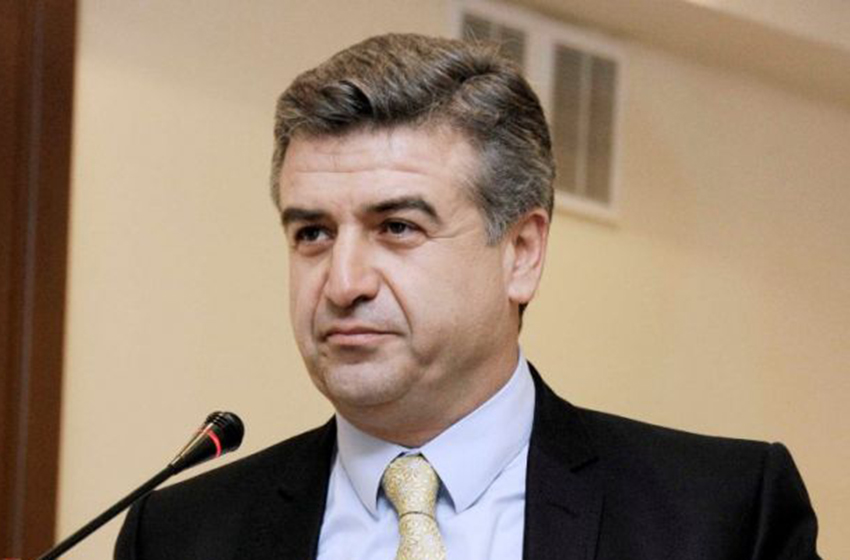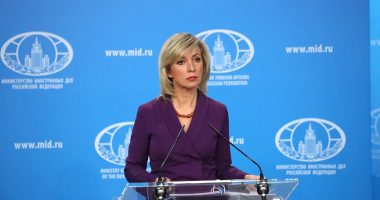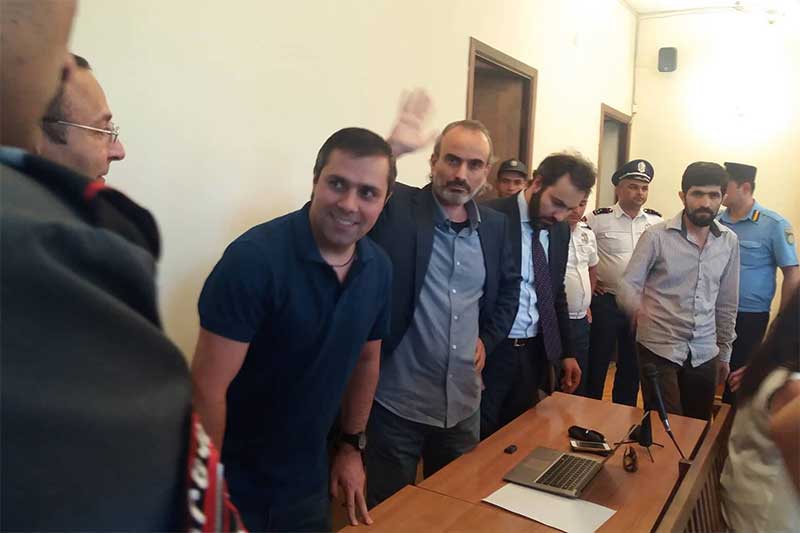Reviewed by Harut Der-Tavitian
The fate of small nations is indispensably tied to the foreign policies of the Big Powers. Thus, it is imperative for small nations not only to have an in-depth knowledge of their history, but also that of the world around them, to be able to navigate safely through the numerous challenges they face.
One of the current major challenges is the rapid pace of globalization that may endanger the viability of small nations. On the one hand, they have to keep pace with the sweeping process and on the other they have to find the means to keep their identity and not be swallowed by the tide.
It is a sad fact that some three-quarters of Armenians live in the Diaspora and the newer generations do not have a full grasp of their language. Hence, they are unable to research Armenian archives and studies, in their quest to attain an in-depth knowledge of their history. So, no matter how ironic it appears, to reach more Armenians, there’s the need to translate Armenian works mainly into English.
With the above in mind, we believe that the recent publication in English of four of Dr. Zaven Messerlian’s previously published Armenian volumes fills that need. The volumes are:
1. Before and After the Armenian Genocide
The enormous impact of the Armenian Genocide on the Armenian psyche and identity has necessitated its multi-disciplinary research. The 301-page book is a compilation of 17 articles written over a span of almost four decades. The emphasis here is on the Armenian population statistics from the period immediately preceding the Genocide to the onset of the 21st century. Some of the other issues covered include Ottoman culpability and denial of the Armenian Genocide, foreign intervention in support of Armenians, such as the joint declaration of the Allies in May 1915 and the letters of Pope Benedictus XV, Ottoman archives, including the “Black Notebook” of Talaat Pasha, etc.
2. Three Treaties (Alexandropol, Moscow and Kars, 1920-1921)
The 190-page book analyzes the impact of the three treaties on the evolution of the Armenian Question, the exploitation of the Armenian Case by the great powers and the effect these treaties had on the formation of the boundaries of modern-day Armenia. Although not included in the title, several other conferences and treaties, such as the Treaties of San Stefano and Berlin (1878), the Treaty of Batum (1918), the conference of London and the Treaty of Sevres, both in 1920, are also discussed to provide a bigger picture of the developments of the time. The articles of the three treaties and that of Sevres are included in the addendum.
3. The Evolution of the Armenian Question (1939-2010)
The book covers the evolution of the Armenian Question from the onset of WWII in 1939 till the infamous Protocols of 2009. Taking this timeline into consideration, when Armenia was one of the republics of the Soviet Union (till 1991), the process of evolution is mostly correlated to the foreign policy of the Soviet Union, one of the two major powers of the world. Thus, the claim for Kars and Ardahan (1945), the Truman Doctrine (1947), the ebb and flow of Soviet-Turkish relations and their impact on Armenia have to be viewed under this prism. Parallel to this viewpoint, the book covers actions initiated by the Armenian Diaspora, such as the armed struggle movement (1975-1990) and the ongoing Genocide Recognition campaign (since 1978). With the establishment of the Republic of Armenia in 1991 and the struggle for the liberation of Artsakh, the evolution process enters a new phase. A new path is shaping up in Armenian-Turkish relations, with the involvement of intellectuals on both sides, in addition to the role played by major powers, as evidenced by the infamous Protocols of 2009. The 362-page book includes 787 notations, and contains a wealth of essential information on how to move forward our relations with Turkey and major powers.
4. Foreign Policy of USA and the Armenian Question (1900-2010)
If we had to combine the immediately above mentioned two books (#2 and #3) under one title, “Foreign Policy of USSR and the Armenian Question” would have fit the bill. Bearing in mind that the two major powers of the 20th century were the US and USSR, this volume completes the picture of depicting the evolution of the Armenian Question vis-à-vis the major powers and the lessons Armenians can derive from it. Over the 157 pages of the book, we witness how the Armenian Question was treated by successive US presidents (Woodrow Wilson to Barack Obama). Regretfully, time and again we see a great deal of supportive declarations with relatively no practical achievement, even after Armenia became an independent republic, free of Soviet rule.
Dr. Zaven Messerlian received his M.A. in European history from the American University of Beirut in 1959 and was granted an honorary doctorate in Armenology in 2003 by the National Academy of Sciences of the Republic of Armenia. He has authored 9 books and over 100 Armenological studies and articles. He was one of the few Armenians instrumental in mentioning the Armenian Genocide as the first genocide of the 20th century in the 30th paragraph of a UN report in 1973. His discovery in 1979 of a confidential 1948 UN report about the War Criminals of WWII, which included 6 pages about the Armenian massacres of 1915 was used in securing the UN recognition of the Armenian Genocide in 1985. Dr. Messerlian has been the principal of the Armenian Evangelical College of Beirut since July 1967 and a huge number of his students have achieved great success in many walks of life. He has received many awards, including the medal of St. Mesrob Mashdots from Aram I the Catholicos of the Great House of Cilicia and the medal of St. Sahag and St. Mesrob from Karekin II the Catholicos and Supreme Patriarch of All Armenians.
The four volumes have been translated from Armenian into English by Maral O. Sarkissian-Kaloustian of Beirut. The translation and the publication of the books have been funded by philanthropist Raffy Manoukian of London.
A limited number of the books are available for purchase at the Abril Bookstore of Glendale, California.










